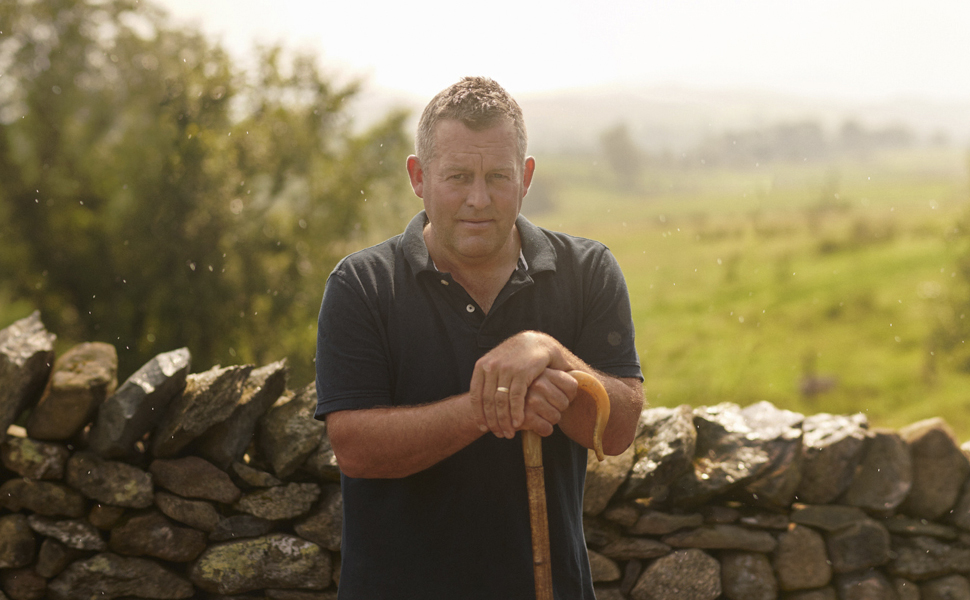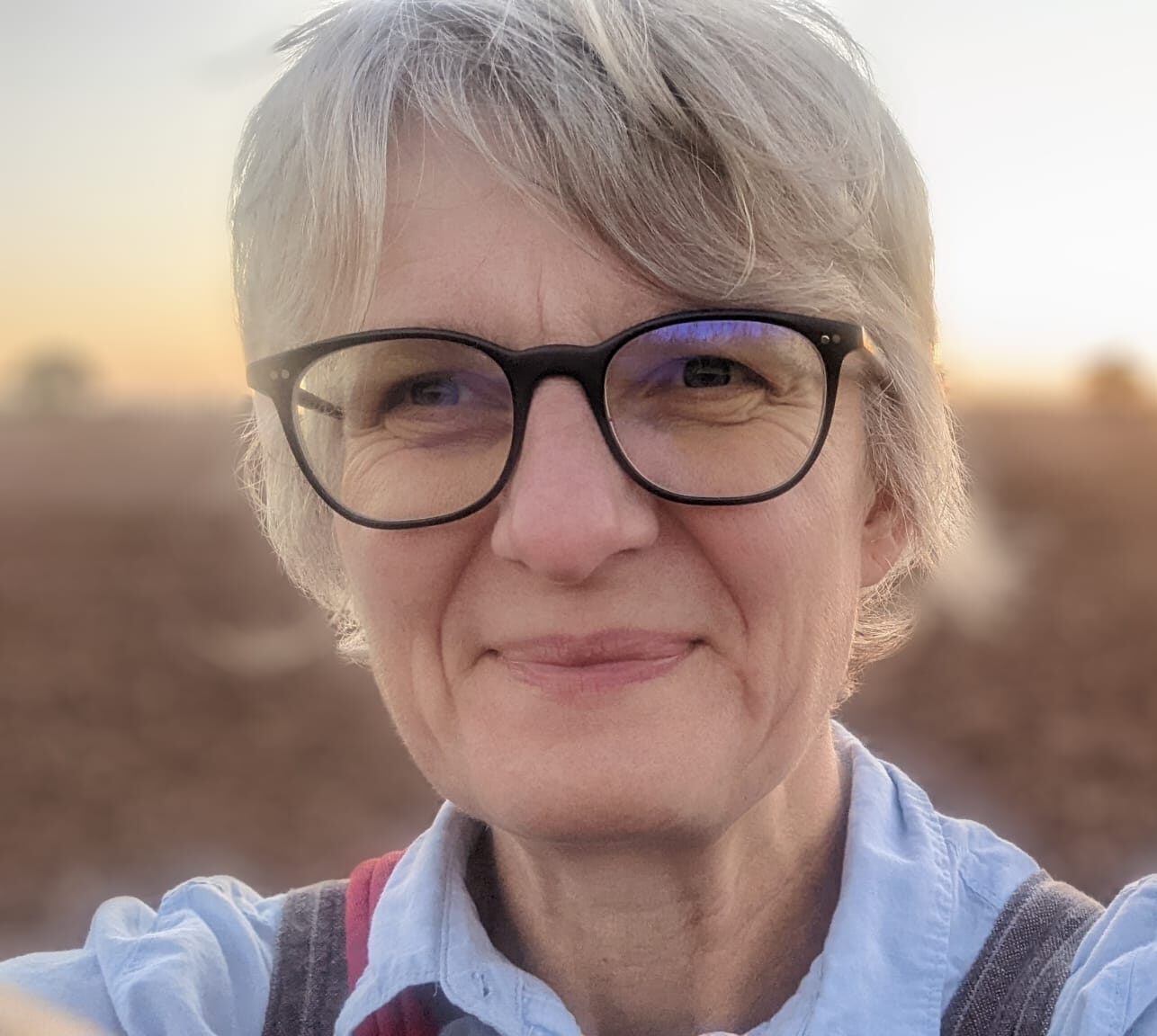ROOTS TO
REGENERATION
Regenerative Agriculture Training Program: Rapidly transitioning producers and supply chains to regenerative agriculture


INTRODUCTION
Regenerative Agriculture Training Program
Roots to Regeneration (R2R) is a year-long regenerative agriculture training program pioneered by authorities, Caroline Grindrod and Clare Hill. The primary aim of R2R is to facilitate the transition from conventional to regenerative farming. This transformative journey encompasses an immersive farm stay, hands-on training across various farms, engaging online courses, live discussions with experts, and regular Zoom coaching sessions. Moreover, our support system is bolstered by features such as WhatsApp group communication, peer-to-peer coaching triads, and the unique opportunity to connect with a personal mentor.
Furthermore, R2R is an ideal platform for not only farmers but also professionals in the agriculture or food industry. Those looking for a profound understanding of regenerative principles will find immense value in this program. Participants will gain insights into how organisations or roles can evolve to embrace and champion the rise of regenerative agriculture. And for those professionals who might not have their own land base, we can facilitate a collaboration with another farmer within the program, fostering hands-on experience and partnership.
By the culmination of the program, participants will not only have acquired a comprehensive understanding of regenerative farming principles and hands-on skills but will also have woven themselves into a vibrant, collaborative community. This network will stand as a beacon, lighting their path as they continue their pivotal roles as leaders in agriculture.





































